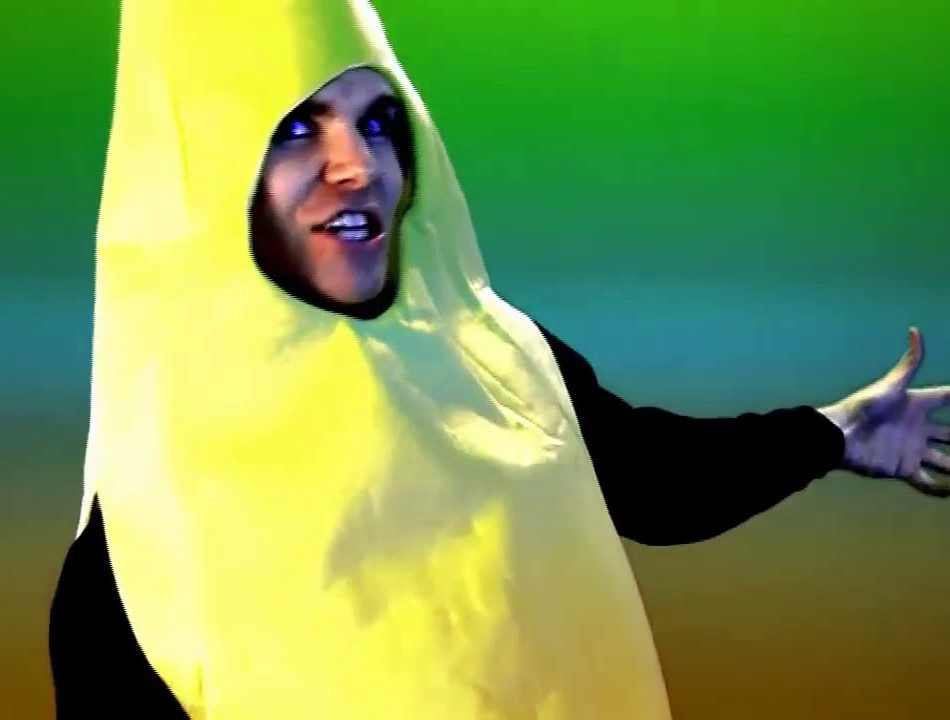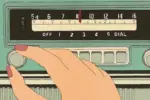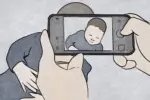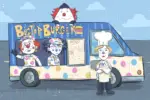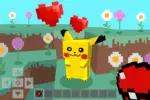When it comes to finding content on YouTube, the possibilities are endless. There’s something for everyone: gaming playthroughs, commentary, skits, vlogs, music, ASMR. The anxiety of choice aside, this vast network of creators might initially seem like a positive thing. It certainly did when I was in middle school, relatively new to the internet and scrolling through the YouTube “Trending” page like a kid in a candy store. Unfortunately, one day, the algorithm was not kind to me. Instead of showing me family-friendly creators like Bethany Mota, I stumbled upon the labyrinth of abuse and toxicity that is Onision.
As a disclaimer, I will not be linking directly to any of Onision’s content in this article, because I don’t want to give him any more traffic than necessary.
Onision’s Online Presence
Onision was born Gregory James Daniel in 1985, though his current legal name is James Jackson. He has posted on a variety of different channels, from his skit-filled main channel, Onision, to the commentary-oriented UhOhBro and his vlog channel, OnisionSpeaks. As of November 2019, his main channel had received over 2 million subscribers and 330 million views. Throughout his career, Onision has collaborated with the likes of Shane Dawson (an equally problematic creator), Social Repose (another equally problematic creator) and Andy Biersack, lead singer of Black Veil Brides.
Onision is an intensely polarizing figure. However, while his reputation now is plagued by legal investigations and serious accusations, when I first found his channel in the 2010s it was in more of a gray area. Granted, even that came years after he first appeared online. His channel began in 2006, and his first and most viral video, a mind-numbing song called “Banana Song (I’m a Banana),” went live in 2009.
Throughout the early years, Onision posted content with his then-wife Skye Tantaga. He then publicized their divorce and the ensuing fallout, including the details of their financial contract and the compensation he was expected to pay her.
Only a few months later, Onision began posting regularly with his new girlfriend Shiloh Hoganson, a Canadian pop star eight years his junior who was not yet 18 when they started talking online.
In one of his first publicized scandals, the YouTuber uploaded a video titled “Shiloh Forgot Me,” in which Hoganson suffered serious memory loss, forgetting roughly three years of her life due to a stress-induced seizure. Rather than rushing her to the hospital, Onision recorded the event and posted it. Onision and Hoganson’s public breakup came soon after, complete with cheating allegations, pregnancy rumors and insinuations that Onision was being pursued by the Canadian mafia.
It was around this time that Onision uploaded a video called “Rise Above Hate” to address fan questions about dealing with depression. In it, he victim-blames by telling a fan that he would simply “remove [him]self from the situation to avoid it escalating.” He chastises fans for blaming their “suicidal thoughts” on anyone but themselves.
Onision also maintained a series wherein he rated bodies and body types. The photographs in question were sent via his forum by his fans, some of whom were confirmed to be underage. He would tell people if they were pretty or ugly, if he’d smash or pass and if they were a one or a 10. And his young fans, desperate to get validation from their favorite creator, were happy to participate.
Onision’s husband, Kai, was only 17 when he met Onision, who was then 26. Kai was a fan of Onision before the two started talking. Onision has continued this pattern throughout his romantic life. Billie Dawn Ingle was only 18 when she was brought into a throuple with Kai and Onision.
Sarah, also a fan of both Onision and Kai, became close with Kai online when she was just 14. She was allowed to move in with the married couple soon after when the conditions at her home grew unlivable, and it’s during this time that she alleges she was sexually groomed. She claims that Onision and Kai had sex with her as soon as she turned 18, which Onision confirmed in one of his erratic YouTube videos.
In 2019, the accusations against Onision and Kai reached new heights when “To Catch a Predator” host Chris Hansen picked up the story. Hansen interviewed a number of the accusers, including Sarah, Hogansan and Ingle. Hansen was also featured in a Discovery+ documentary highlighting Onision’s downfall called “Onision: In Real Life.” Though the documentary has been largely overshadowed by questions of Hansen’s real intentions in bringing the story to light as well as spectacles such as Onision serving the wrong Chris Hansen in court for “internet stalking,” it still brought news of Onision’s wrongdoings to an audience much wider than before.
In November of 2019, Onision’s Patreon was removed after he doxxed Ingle on his Twitter, and his YouTube channels were finally demonetized in January of 2021.
The Power of YouTube Communities
Needless to say, Onision has been creating damaging content nearly the entire time he’s had a platform. Not only that, but the problems and abuses in his real life have been placed front and center for a mass of young and adoring fans to see.
When I was a middle schooler, young and impressionable and always looking for the next celebrity to fixate on, I didn’t have the critical thinking skills to see how problematic Onision was. I, and many fans like myself, sat there watching him talk poorly of his past partners and rate young female bodies, wondering against our better judgment how he’d rate our own.
YouTube is one of the largest culprits when it comes to fostering parasocial relationships. Here, audiences learn more details about their favorite creators than on any other platform. Fans form deep, one-sided bonds with people that have no idea they exist. For many creators, this is a chance to enact positive change and bring a little joy into the lives of their fans. For others, it’s a dangerous level of influence.
People like Onision, Shane Dawson, Jeffree Star and David Dobrik create communities where they can play god. They specifically cater their content toward young audiences, then take advantage of those audiences time and time again. They get away with bad behavior for long periods of time largely because of the audiences that endlessly support them. Not only are young children being exposed to content that they shouldn’t be seeing, but they’re being told that content like that is both encouraged and rewarded.
I’m not often one to suggest deplatforming, but I am saying there needs to be a change in the ways people consume content. Up until his demonetization, hate-watching Onision hurt no one but the unsuspecting children who found him on their trending page. Talking about holding someone accountable and actually doing it are two different things, and if Onision was able to remain in a position of power and authority on the internet for nearly 15 years, that’s an indication that society needs to work on the latter.


